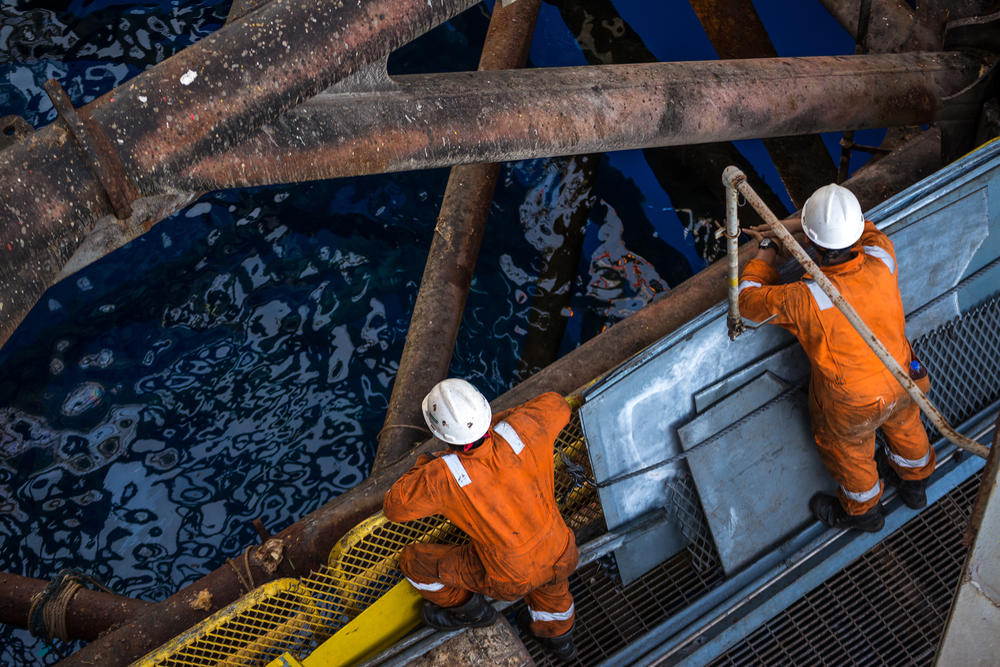
A new report into Australia’s model Work Health and Safety (WHS) laws has recommended the introduction of industrial manslaughter as an offence in workplace health and safety legislation.
In 2018 Marie Boland was appointed as an independent reviewer of Australia’s model Work Health and Safety (WHS) laws for the consideration of safety ministers.
In developing her 196-page report, Ms Boland consulted with numerous businesses, workers, unions, employer associations, industry associations, and health and safety representatives and regulators which resulted in 34 recommendations that could enhance the current WHS framework.
Ms Boland believes that the model WHS laws are, for the most part, operating ‘as intended’ but has recommended some changes to provide clarity and to drive greater consistency in the application and enforcement of the laws across jurisdictions.
Among those recommendations includes a new industrial manslaughter offence.
Ms Boland believes that the law is required to address the current limitations of the criminal system when dealing with breaches of WHS duties.
“More broadly, the ACT and Queensland have already introduced industrial manslaughter provisions, with other jurisdictions considering it, and so this new offence also aims to enhance and maintain harmonisation of the WHS laws,” she states in the report.
Under the current industrial manslaughter system in most states, many companies which are found to be responsible for the death of a worker pay only small fines, which can often be claimed against insurance. Some believe this provides no deterrent for unsafe work practices which result in the death of hundreds of workers every year.
Chief Executive Officer of the Minerals Council of Australia (MCA) Tania Constable has welcomed the review report but does not support the introduction of a new industrial manslaughter clause as proposed in the review.
Instead, Ms Constable says that the MCA supports a ‘firm but fair’ legislative framework that achieves healthy and safe workplaces and provides for appropriate responses if serious offences are proven.
“These objectives should not be at the expense of an environment that encourages prompt learning and sharing of important health and safety lessons,” she said.
“Law reform should not impose oppressive and unnecessary criminal liability on some individuals that does not contribute to general or specific deterrence or improve health and safety outcomes at Australian workplaces.”
Ms Constable further said the MCA is yet to see evidence that the current legislative framework is inefficient in dealing with serious offences.
“Any issues that are identified can be addressed by appropriate application of the current criminal law,” she commented.
Other key recommendations in the report included amending the model WHS regulations to correctly identify the psychosocial risks associated with psychological injury and how to appropriately manage those risks, clarifying the risk management process in the model WHS Act and for safety ministers to review the high-risk work licence classes for cranes to ensure that they remain relevant to contemporary work practices and equipment.
The ministers’ response to the recommendations are expected to be released later in the year.
The final Review of the model Work Health and Safety laws report can be found here.









